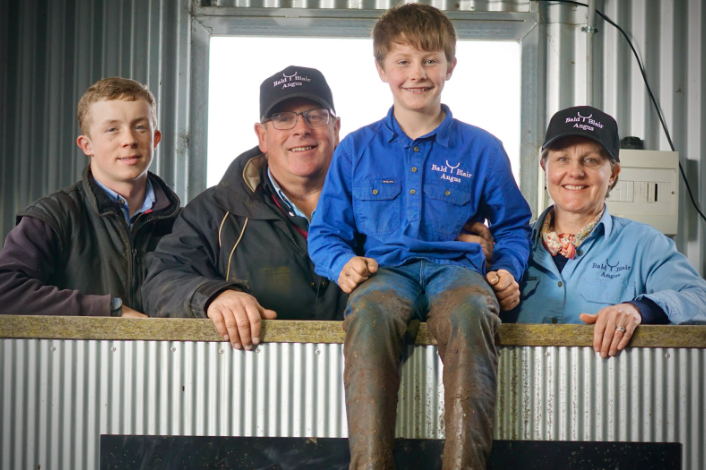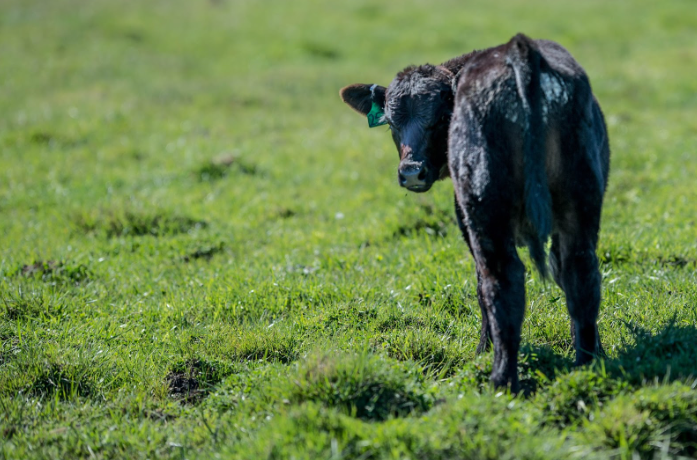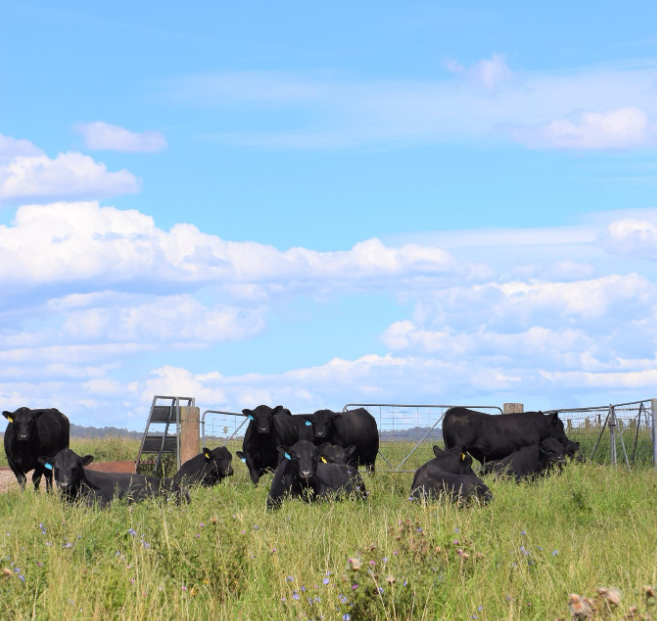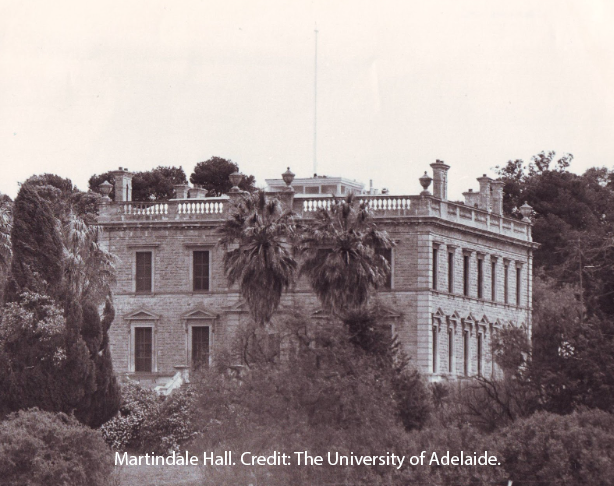
The White family has been breeding angus cattle since the early 1900s and despite the challenges brought on by droughts, the pandemic and more recently floods, the owners of the 114 -year-old stud are optimistic about what the future holds for their business and the industry as a whole.
Sam and Kirsty White along with their young helpers, sons Abbott and Arthur, run the Bald Blair Angus cattle stud in Guyra, New South Wales. It’s one of the oldest Angus cattle studs in Australia and their current herd carries carefully curated genes dating back over 100 years.
Bald Blair was purchased by Sam White’s great-grandfather FJ White of Samarez and his son HF White back in 1898. 10 years later the stud was established by Sam’s grandfather Harold.
“Our family has a long history with Angus cattle, they started recording registered Angus cattle here at Bald Blair in 1908 but the Angus Society of Australia wasn’t started until 1919,” he said.
“My great grandfather was on the board, my grandfather, my father, my uncle and myself have all been on the board so we have had a tremendous contribution to Angus cattle in Australia,” he said.
Harold White started the original stud in 1908 using a base of cows from the White family’s renowned Edinglassie herd in the Hunter Valley. The Bald Blair stud was established to provide bulls for the commercial herds of the family in both the Hunter and the New England, some thousands of cows.
Bald Blair Angus have won many titles at both the Sydney and Brisbane Royal Shows over the years, most notably in 1926 when Bald Blair Earl the Fourth won the Supreme Championship at the Sydney show.

Sam White grew up on Bald Blair and still lives in his childhood home with his family. Today both Sam and Kristy are determined to improve on what they have inherited and that’s exactly what has been happening for the past three decades.
“We are very grateful for the opportunity to build on the work of previous generations in the areas of land management, livestock management and community service. We have done a lot since taking over, we continue to adapt our practices with all the latest and greatest technology to ensure continual improvement in genetics, we take part in training programs to see changes to our management processes.”
“We now do more rotational grazing. We also invest heavily in technology to interpret the needs of our pastures and soils. I don't want to make a comment with respect to changes to profitability but I can say they are significant changes over my 30 years. We are now in a very buoyant time so we are investing back into our business, investing in infrastructure, management practices to set us up for the future.”

In 2019 the drought hit hard but Sam says is more determined than ever to keep farming.
“We have a history of recorded weather patterns over 100 years old and 2019 was a significant event. My passion is that the world needs to be fed and if it’s not fed then uncertainty occurs all around the world, so I think farmers are in an unbelievable position today,” he said.
Sam White said the cattle industry is running on a high at the moment but he expects it to level out.
“In 1990 we were selling steers for $1.15 a kilo so to get to the current prices of $6 and up it is unbelievable, the market is extremely buoyant. But the next hard time is inevitable. It’s my personal view that the current high in beef cattle prices will come back once the herd is rebuilt after the drought.”
The Whites have diversified even further with a farm stay on their property, a blog 'The Boundary Riders Report’ and Sam even has his own podcast ‘The Data Breeder’.
 Results
Results

